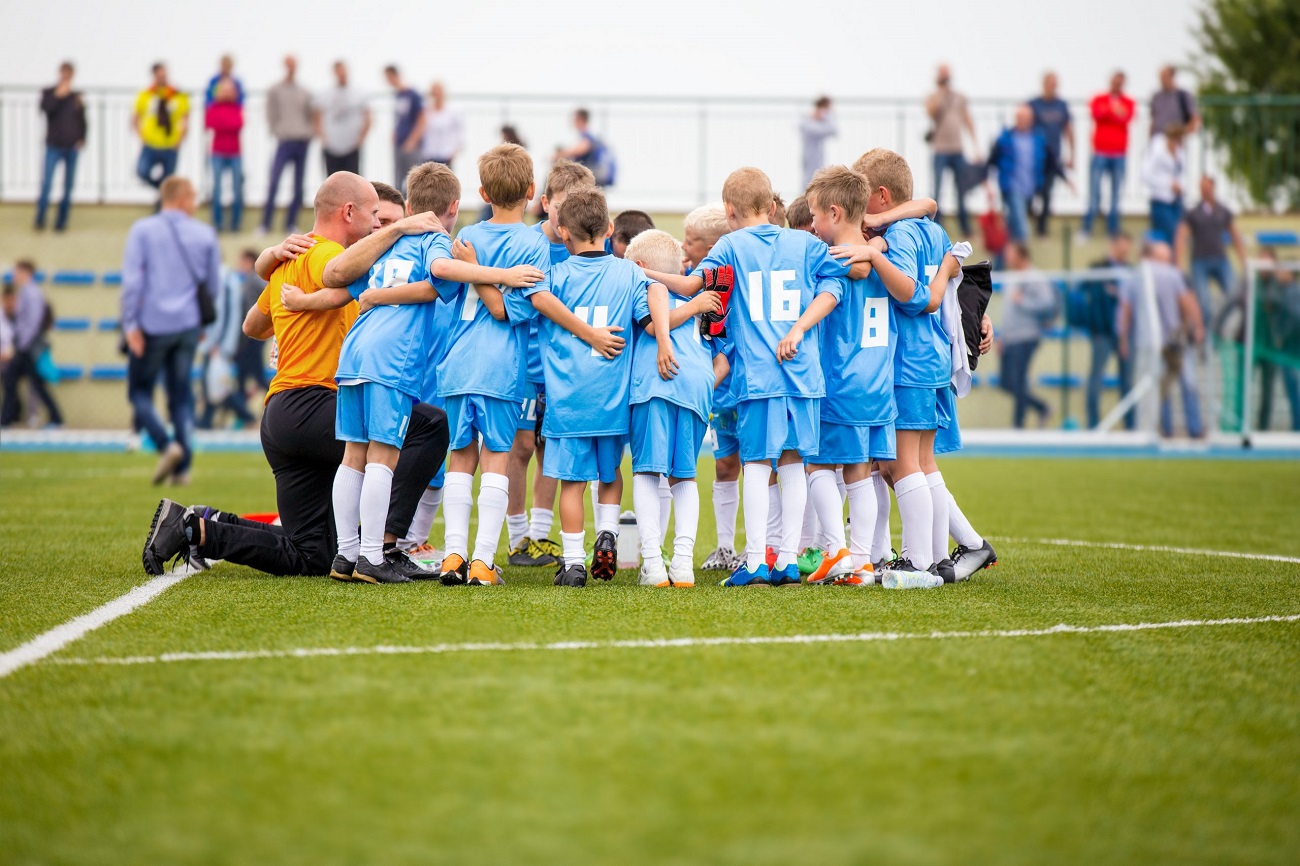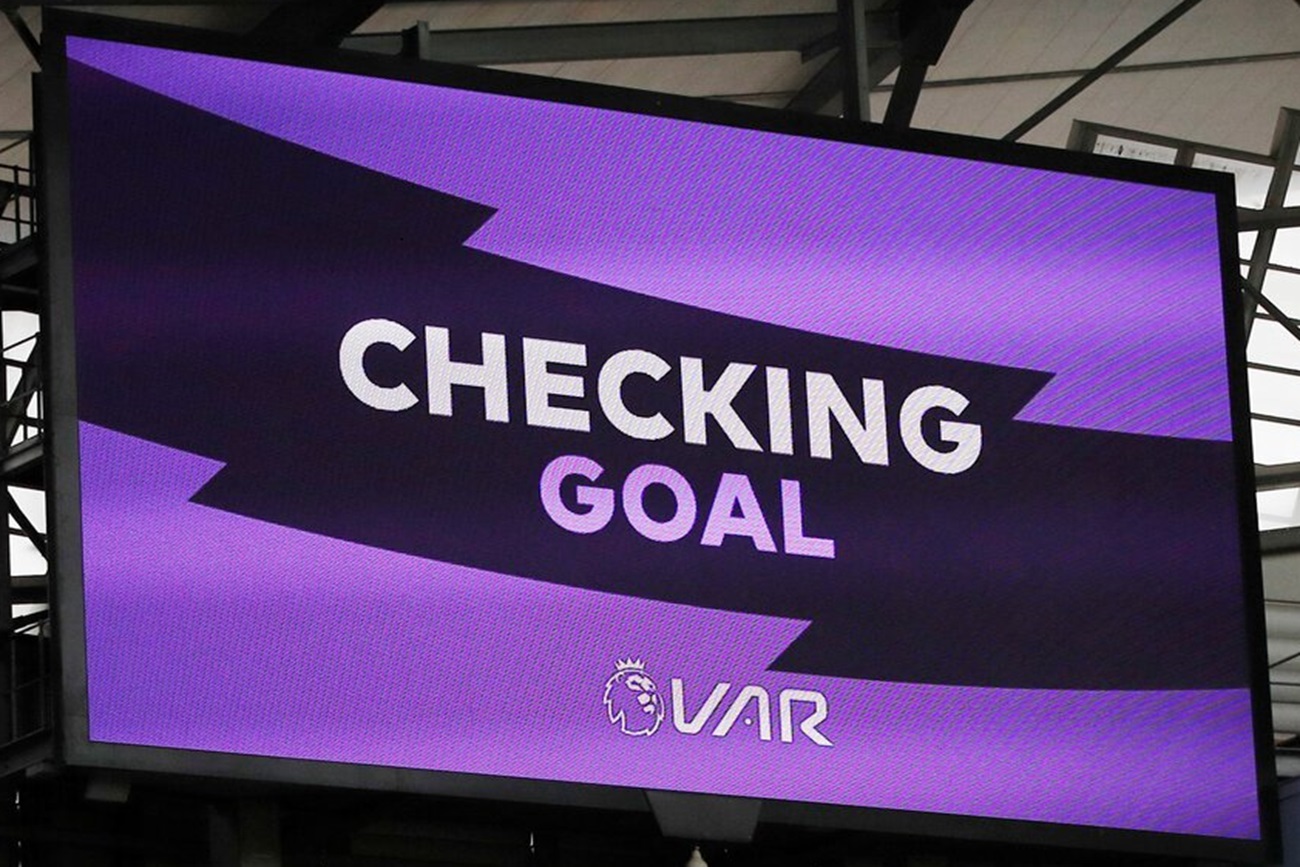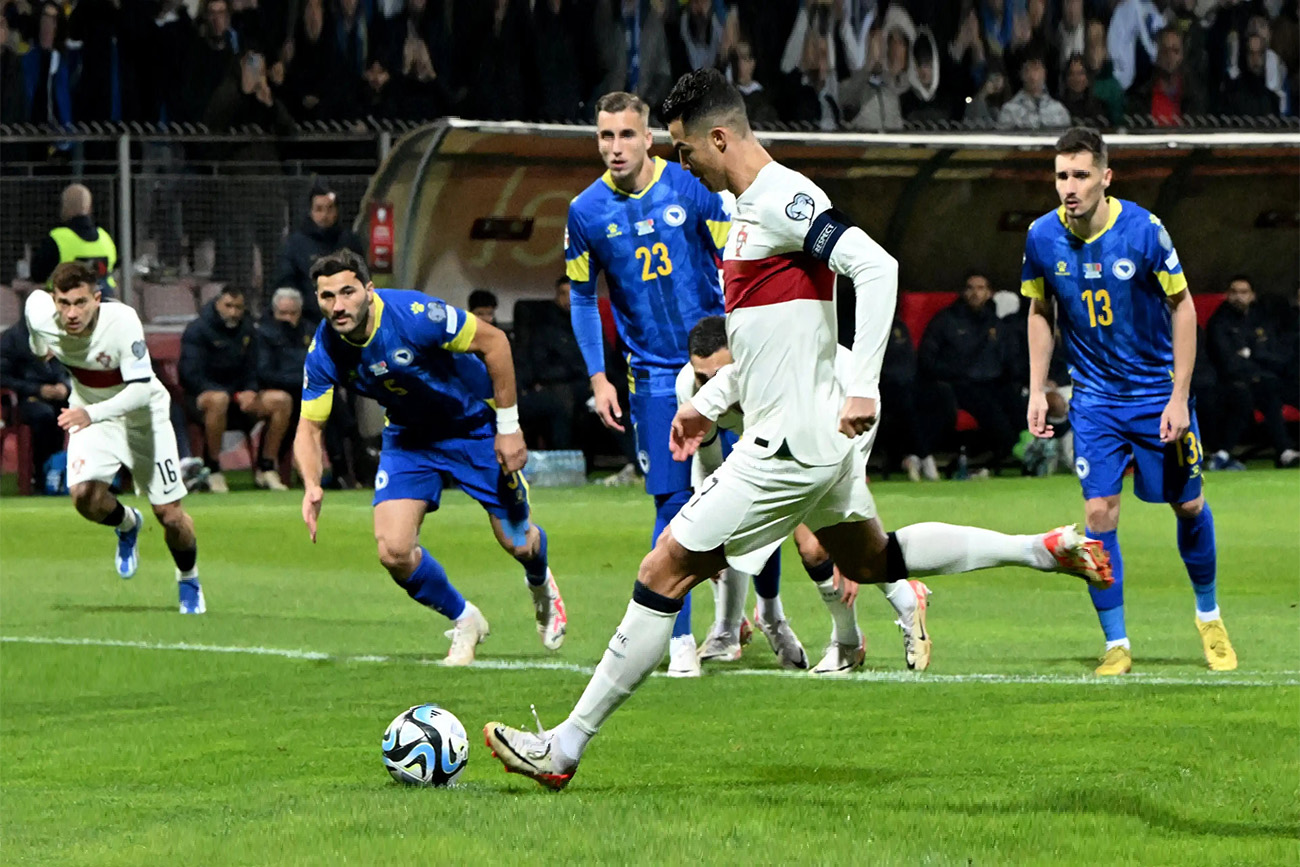
How Football is Socially Beneficial
Cover image from - https://www.bennionkearny.com/coaching-youth-soccer-togetherness-team-identity/
Football and any other sport are usually beneficial in terms of people's physical fitness and learning transferable skills such as balance and agility. In addition, football is very beneficial to an individual's mental well-being as it can improve moods, reduce stress levels and increase concentration levels. However, many fail to look past these two categories and ignore the social benefits football can provide to young and maturing kids and even adults. These skills go beyond the football pitch as they will certainly serve them well in their day-to-day lives outside the pitch.
Of course, football isn't always stress-free or improving everyone's moods all the time as more often than not you suffer losses and setbacks just like in any walk of life. However, suffering setbacks show young children/adults that nothing in life ever runs smoothly without failure. It is very rare to experience a smooth-sailing football career at either school, grassroots or professionally thus losses are almost an unavoidable but necessary experience for growth. Learning from failures and setbacks always give footballers a window of opportunity to change and try new things which in turn will help improve their development as a player physically and mentally. So the next time a player experiences a setback they know not to be down and gloomy but work on the areas that will help them and the team get even better.
Experiencing these feelings will also help footballers develop a sense of empathy. Football, after all, is a sport played with 11 players in a 24/25-man squad. Therefore, in moments of setbacks and failures players know that they must rely on each other and pick each other up to go again and keep trying. They will care for each other as peers or friends and motivate each other to improve as a team by working together, which enhances their teamwork skills. And over time they will understand how to see a scenario from different perspectives instead of directing blame straight away. In football terms, if a defender concedes a goal the striker will have a good understanding of why this happened as he would consider what happened through the defender's perspective. And then he will proceed to empathise with him but motivate him to stay focused and strong to continue on with the match
This leads to developing leadership skills and how to manage each other well. In football, there is usually a captain and a vice-captain but that doesn't mean the rest of the players are not leaders. Football is a team sport and even a captain will require some leadership when times are tough. Hence, with empathy, dealing with setbacks and communicating with each other will all help develop a sense of leadership in all footballers. A successful team is when everyone knows they can rely on each other in times of need and everyone can lead each other and more importantly lead themselves to carry on no matter the circumstances.
It is clear to see that there are many social benefits that football provides for young kids and adults which help the environment around them as well as inspire others to learn the values and importance of these skills.







